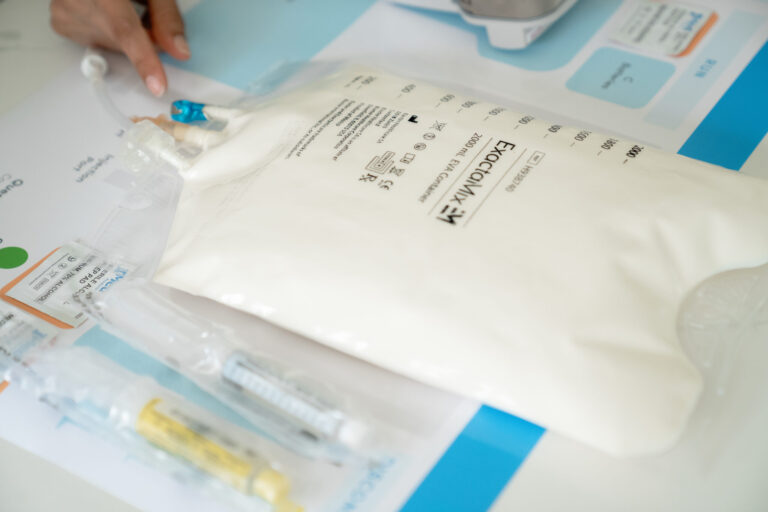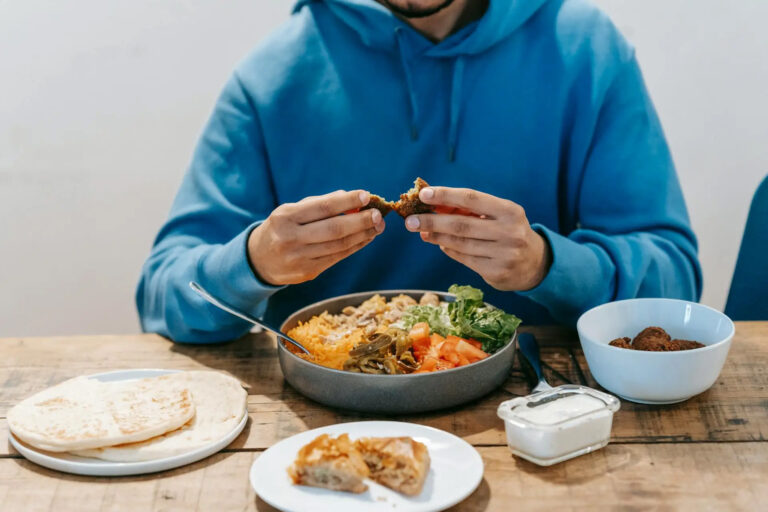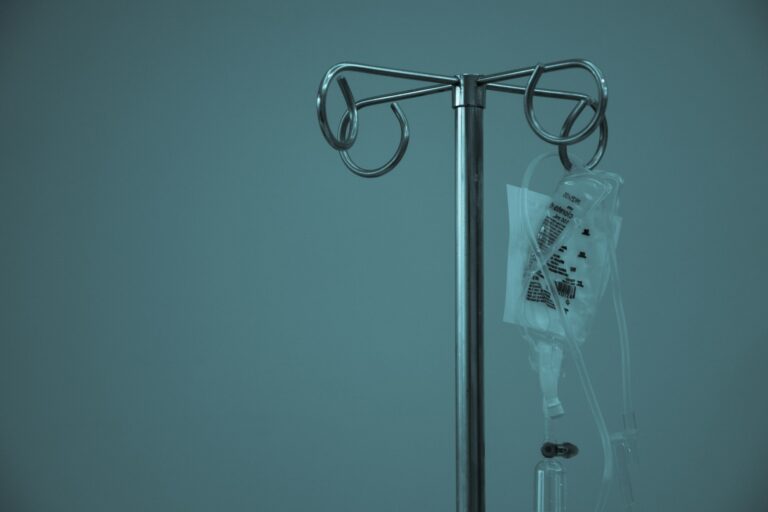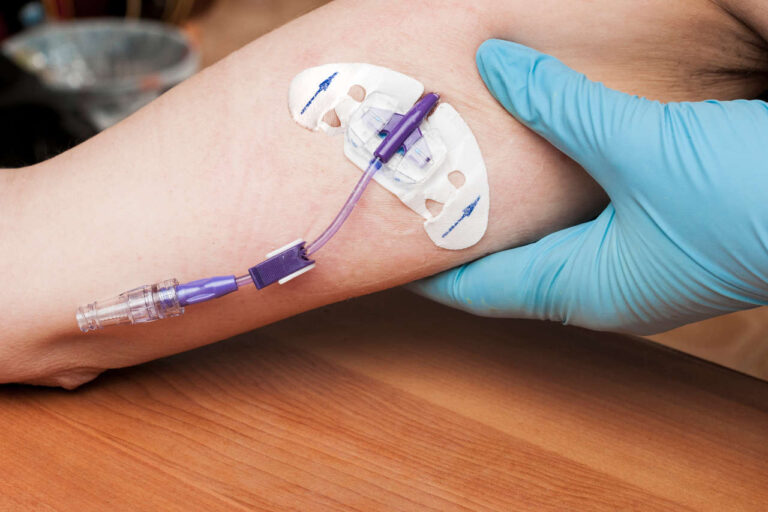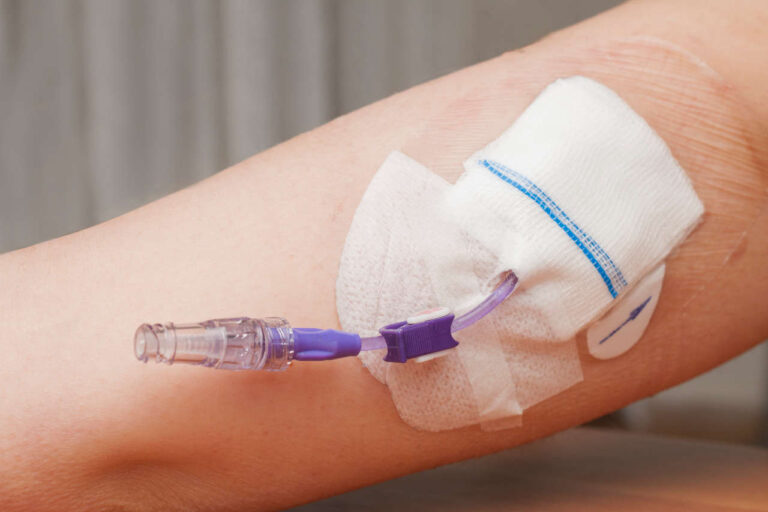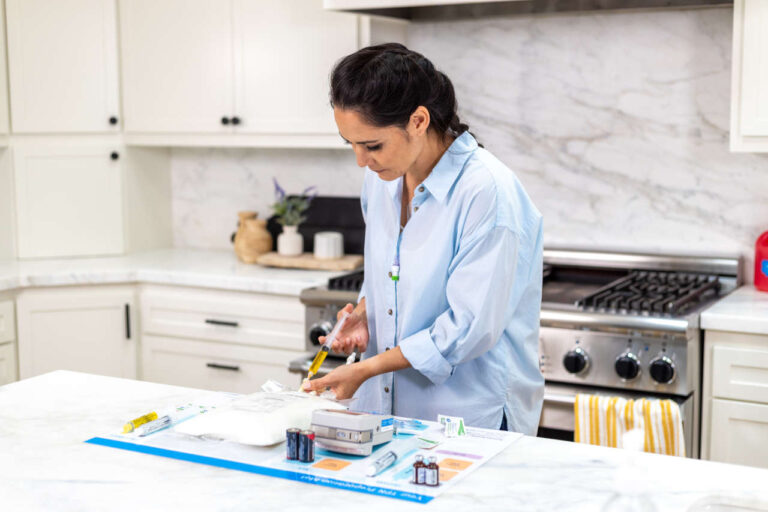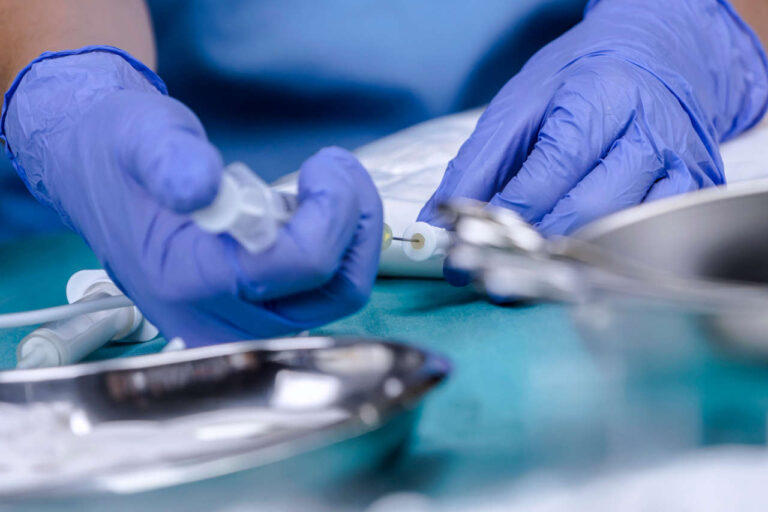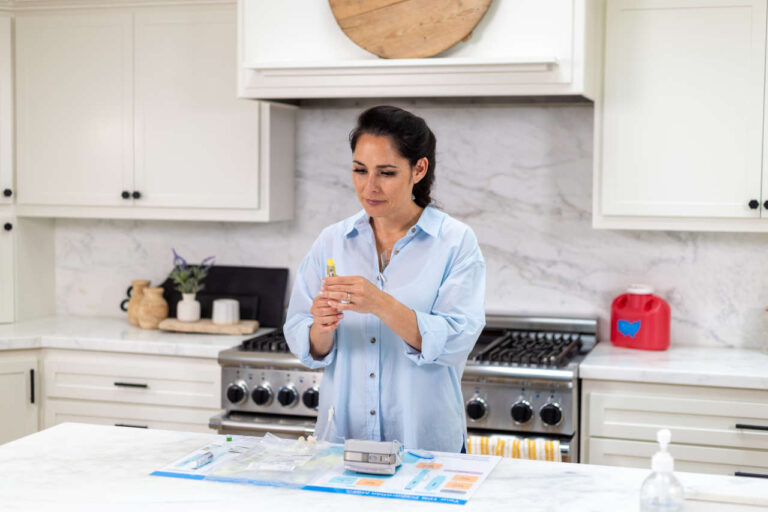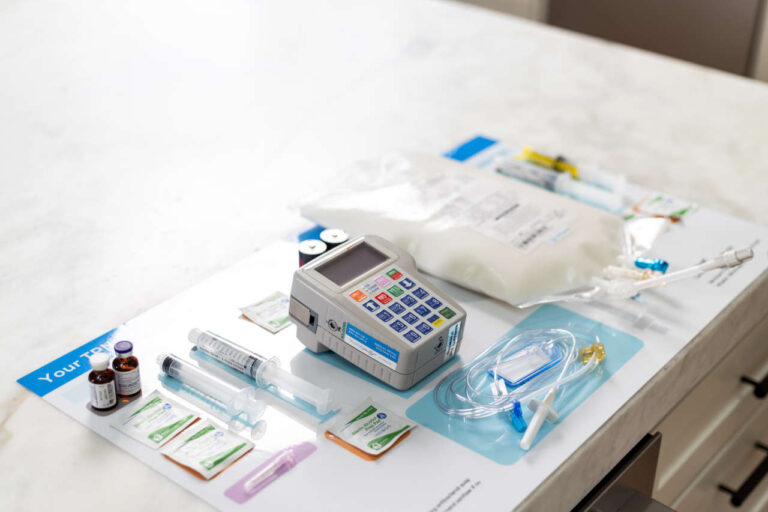
Whether you can eat while on TPN depends on why you are on TPN. In this article, we will explain why it might not be the best idea to eat while on TPN.
Always in Stock
Full inventory of IV fluids, ready for youTotal parenteral nutrition (TPN) is an alternative feeding method. It delivers nutrients directly into your bloodstream. TPN contains a mixture of fats, sugar, amino acids, salts, and minerals.
TPN may be necessary if you have:
- An intestinal injury
- Had a part of your intestine removed
- Diseases affecting swallowing and digesting food
- Bowel obstruction
Depending on your condition, TPN may last a few weeks to months or even longer. Some people may need it for a lifetime.
According to the American Society for Parenteral and Enteral Nutrition (ASPEN), 25,000 Americans receive parenteral nutrition at home [1].
Types of Parenteral Nutrition
There are two types of parenteral nutrition:
- Partial parenteral nutrition (PPN)
This type of nutrition is used to supplement nutrients. - Total parenteral nutrition (TPN)
TPN is when a person receives all daily nutrients through a vein.
Also Read: PPN vs. TPN: What is the Difference?
Whether you can eat while on parenteral nutrition depends on what type of parenteral nutrition you are receiving. If you are on parenteral nutrition for supplementing nutrients, you may be allowed to eat, but if you are on TPN to supply all your daily nutritional requirements, then it is best NOT to eat at all.
Can You Get Hungry on TPN?
Short-term TPN does not usually affect hunger [2]. Some individuals on TPN report hunger, but they tend to satiate quickly after consuming food through their mouths.
On the other hand, many do not report hunger while on TPN. This is because the body is trying to compensate for the absence of oral feeding.
So, if you feel like eating while on TPN, it is most likely that you are craving food rather than actually being hungry.
Interestingly, older studies show that although some people report extreme hunger, they are unable to eat large quantities as they would usually do.
Speak to a Specialist
About Copay AssistanceWhat Happens If You Eat While on TPN?
Suppose you are on TPN because you have certain digestive issues affecting your ability to absorb nutrients. In such cases, eating might cause digestive problems, such as flatulence, diarrhea, and cramps.
Also, it is crucial to understand that your nutrition support team determines the amount of nutrients and calories for you depending on your:
- Age
- Weight
- Height
- Medical condition
If you regularly eat or drink without consulting your provider, it might alter your nutrient intake, which could possibly lead to complications.
There is limited research on how eating while on TPN can affect nutritional status. Nonetheless, it is safe to say that sticking to your provider’s instructions is the best way to go.
REFERENCES:
- American Society for Parenteral and Enteral Nutrition. What Is Parenteral Nutrition. https://www.nutritioncare.org/about_clinical_nutrition/what_is_parenteral_nutrition/
- Gil, K M et al. “Parenteral nutrition and oral intake: effect of glucose and fat infusions.” JPEN. Journal of parenteral and enteral nutrition vol. 15,4 (1991): 426-32. doi:10.1177/0148607191015004426

